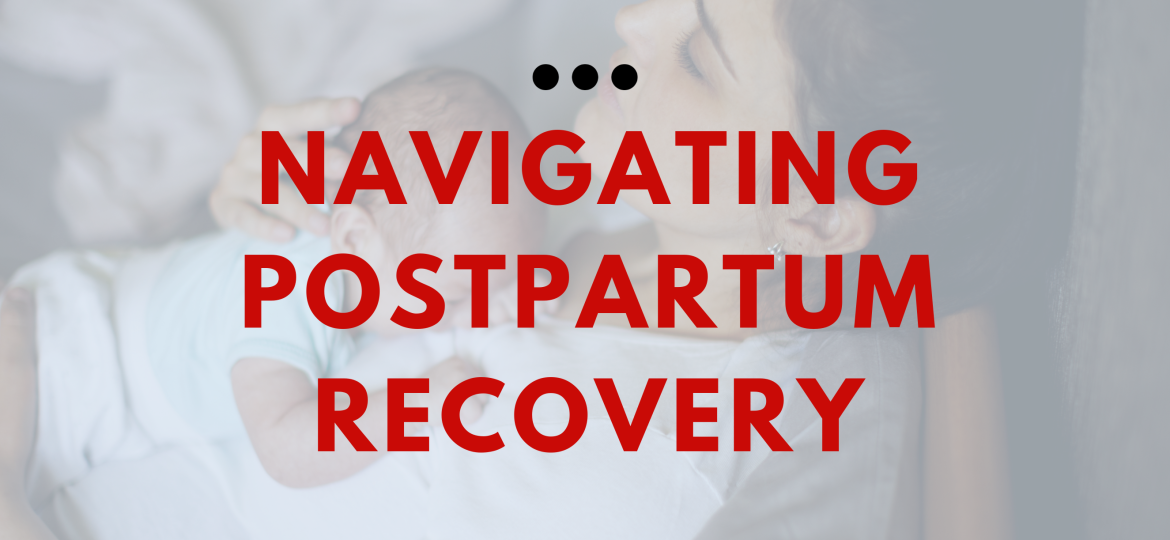
This blog post was written by Alex Spencer a Core Physical Therapy PT specializing in Pregnancy and Postpartum Care.
Your little one is finally here and you’re soaking up all the new experiences that come with parenthood. It can be easy to put yourself on the backburner, but your physical and mental health are both so crucial at this time. I encourage women to start with postpartum physical therapy as soon as possible, or as soon as you feel mentally ready to handle the extra work.
I’ll be honest, recovery is not a quick and easy journey by any means. And it doesn’t help that our culture is so focused on “bouncing back” after birth. That is one of the ways in which PT’s can help early on- helping you set realistic expectations for this process. It is much more effective to have small, consistent progress over a longer period of time than it is to push your body too far too fast and having setbacks from injury along the way.
I tell new moms, it took the baby 9 months to grow, it will take at least 9 months for you to recover. Now I know that’s not what many want to hear, but it is the best mentality to have if you want to set yourself up for success in this postpartum period, and beyond.
So what does that first session postpartum look like?
LOTS of education
It’s important to know and appreciate everything your body just endured the past 9-10 months. Organs moved around, the diaphragm was pushed up further into the ribcage to fit the fetus, which decreased its efficiency when breathing. There was increased strain on the pelvic floor as your baby grew, as well as through the labor and delivery process. Even with a cesarean delivery, your pelvic floor is NOT safe from injury and strain.
The pelvic floor and abdominals work together, so any injury/surgery affecting the abdominals will also create dysfunction through the pelvic floor. And since a C-section is MAJOR abdominal surgery, cutting through 7 layers of skin, muscle, and other tissues to reach the uterus, it is important we get those muscle groups working well together again.
Significant amounts of hormones are also working their way through your system, creating ligament laxity that will exacerbate aches and pains. Add on to all of that, the sleep deprivation you are likely experiencing. This is by no means an extensive list of what you may experience postpartum, so getting connected with a physical therapist who specializes in the changes that occur with pregnancy and postpartum is crucial to your individual recovery process.
So what will your first postpartum physical therapy session look like?
I will ask about the labor and delivery process. How long was labor? Were you induced? Did you have a natural birth? Planned C-section? Emergency C-section? Any presence of vaginal tears? There is a HUGE difference in how your body responds to all of these forms of delivery- both mentally and physically, so knowing exactly what the process was like for you can help us individualize your treatment.
Find what activities are difficult for you to do and what goals you have
If I know what’s hard for you and what activities you want to get back in to, I can work on those specific movement patterns and help you gain the strength necessary to get back to what you love.
Examination
Breathing:
What is the quality of your inhale and exhale? What parts of your body are moving/not moving? Are you an upper chest breather? Are you able to get a good 360 degree breath? This can tell me how well your abdominals are firing, how much mobility you have through the thoracic spine and ribcage, and how much pressure is being exerted onto the pelvic floor. Also, those who are strictly shallow breathers and are not able to get a full deep breath, tend to have significant neck and upper back pain, as the accessory muscles in these areas are having to work too hard to make up for what is not working properly elsewhere.
Strength:
I will specifically be looking at the pelvic floor, hip, and abdominal musculature. These are what will provide a good, solid base for the rest of your body to work from when completing your daily and recreational activities.
Posture:
If you were able to read my first blog post, you would have seen the image of typical pregnancy posture. Unfortunately, this won’t just magically go away and fix itself postpartum. Looking at your posture can help me determine specific areas of restriction and weakness that we can address throughout your time in physical therapy.
Presence of Diastasis Rectus Abdominus (DRA):
This is a separation of the rectus abdominus musculature that occurs as your baby grows. Almost every woman will have DRA at the time of birth. It’s just a matter of how severe it is and how quickly it heals. I will assess for and treat DRA as necessary to provide sufficient pressure management through the abdominal and pelvic floor region. Again, this will help support the rest of your body as you go on about your daily life. The better our abdomen and pelvic floor works, the more stability we have. And the more stable we are, the less pain we experience.
Functional movements:
I will also assess balance, bending, and squatting. These are just more ways in which to further assess where you personally need a little extra TLC. By seeing how your body moves as a whole, I can help to ensure our interventions will allow your body to work in the most efficient way possible and reduce your risk of injury.
Exercise
With the remaining time allowed, I will try and send you home with 1-2 exercises to start laying the foundation for a successful recovery.
*Not all of my initial evaluations include an internal pelvic floor exam. If you are less than 6 weeks postpartum and have not had clearance from your physician, we will defer the internal examination. But if you are more than 6 weeks out and have received physician approval, it is an option. This decision can be made the day of your appointment based on comfort level.
Interested in learning more about postpartum care at Core Physical Therapy? Book an appointment today!
